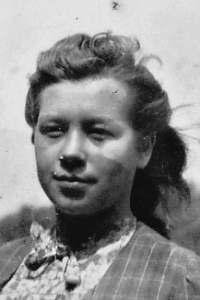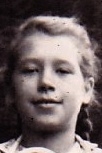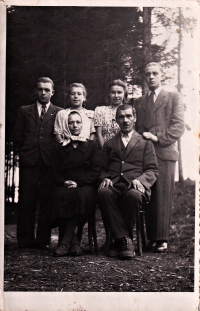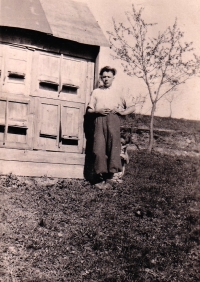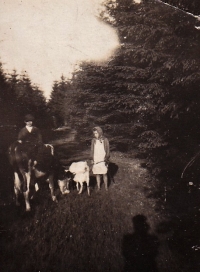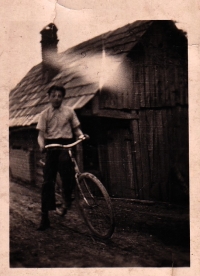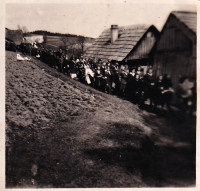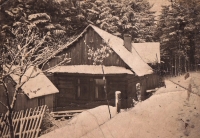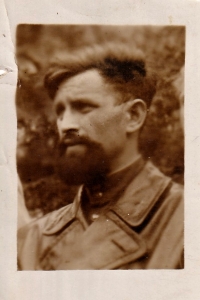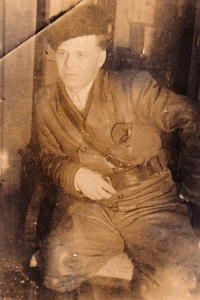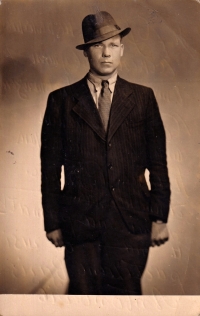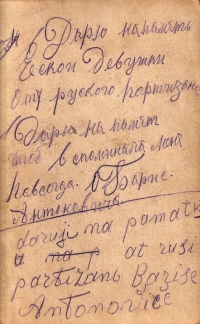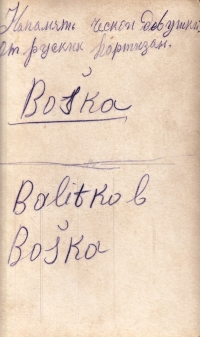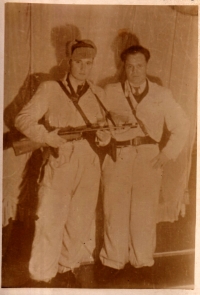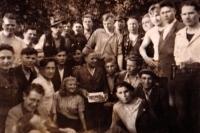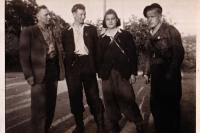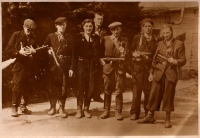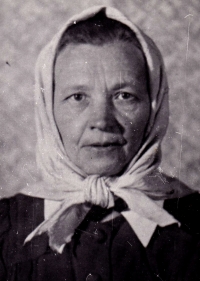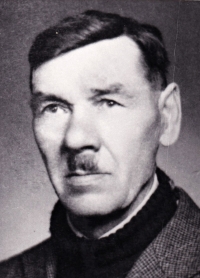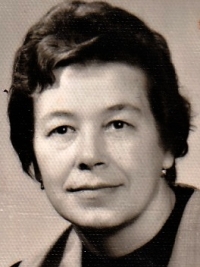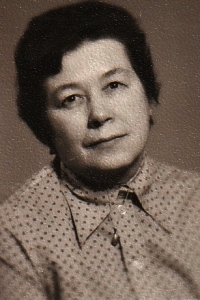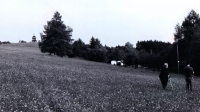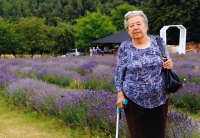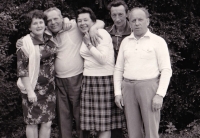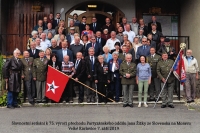I liked helping partisans. I wanted the war to end and I saw it as a way to harm the Germans
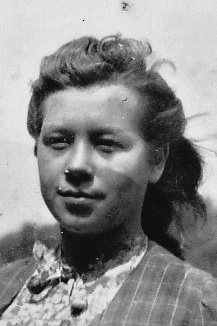
Download image
Božena Juroušková, née Baletková, was born on February 25th 1929 to a forest clearing farmer (pasekář) family residing in Hošťálková in the Hostýn Hills. Since autumn 1944, the family had been supporting partisans. They sheltered even the commanders of the Jan Žižka brigade, the biggest partisan unit operating in the Protectorate of Bohemia and Moravia. As a fifteen-year-old, Božena served as a messenger for the partisans. After the war, she moved with her parents to a farm in Čermné in Silesia, from which German owners had been evicted. She had been working at Optimit and Hedva enterprises in Odry and Vítkov. After she got married, she came back to Čermná with her husband and had been farming there for two years. While in Čermná, she witnessed the collectivisation of agriculture initiated by the Communist government after February 1948. Up to her retirement, she had been working at the field or tending the farm animals at the United Agricultural Coop (JZD) in Čermná and later at the State Farm. She witnessed Czechoslovak and Soviet troops activities in the military district of Libavá. She has been given the status of a war veteran, has been involved in the Union of the Freedom Fighters (Svaz bojovníků za svobodu) and the Czechoslovak Legionaries Association (Česká obec legionářská).
